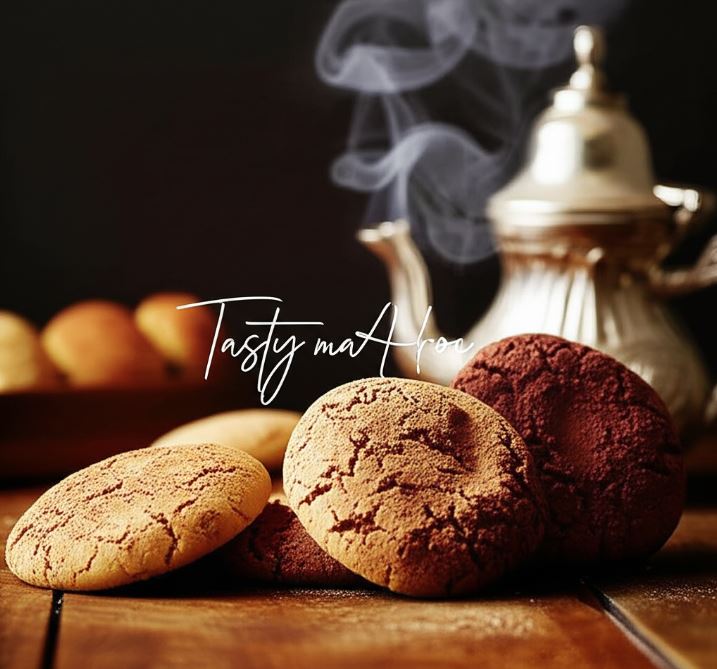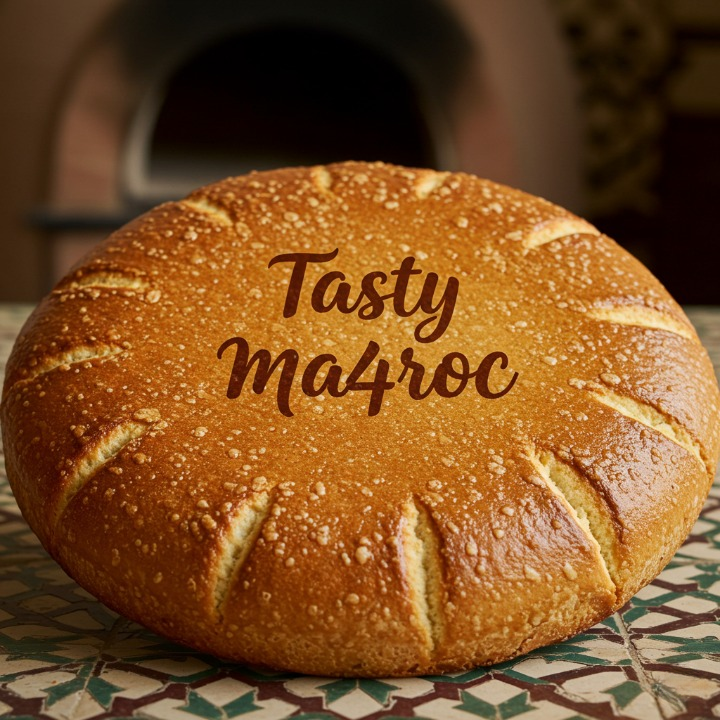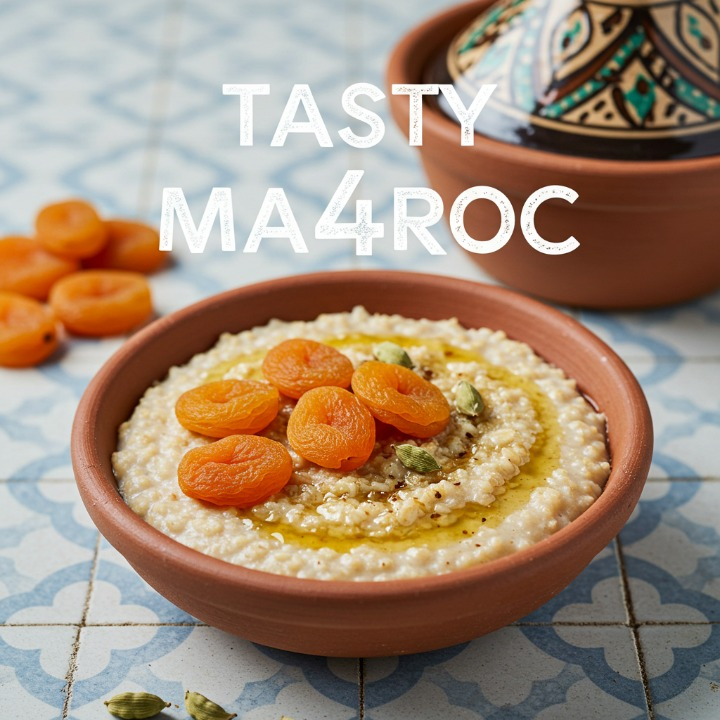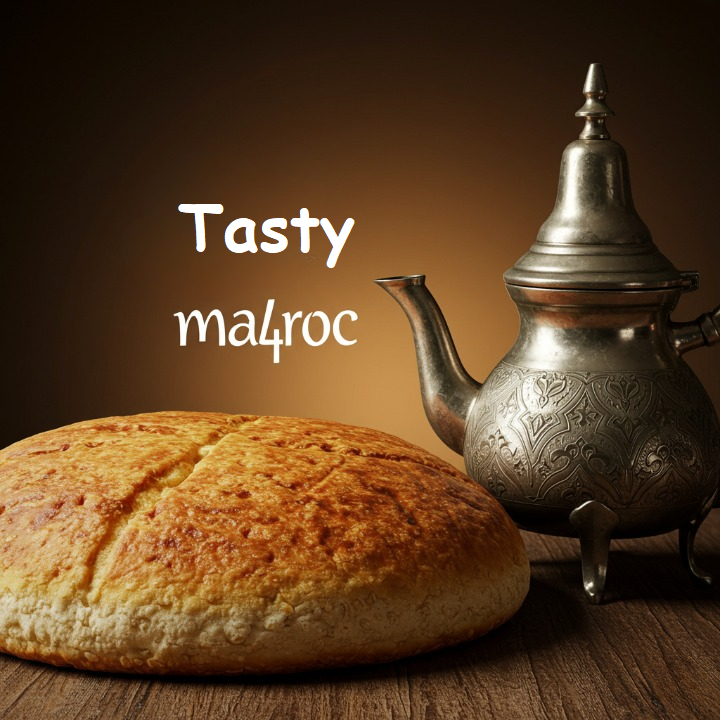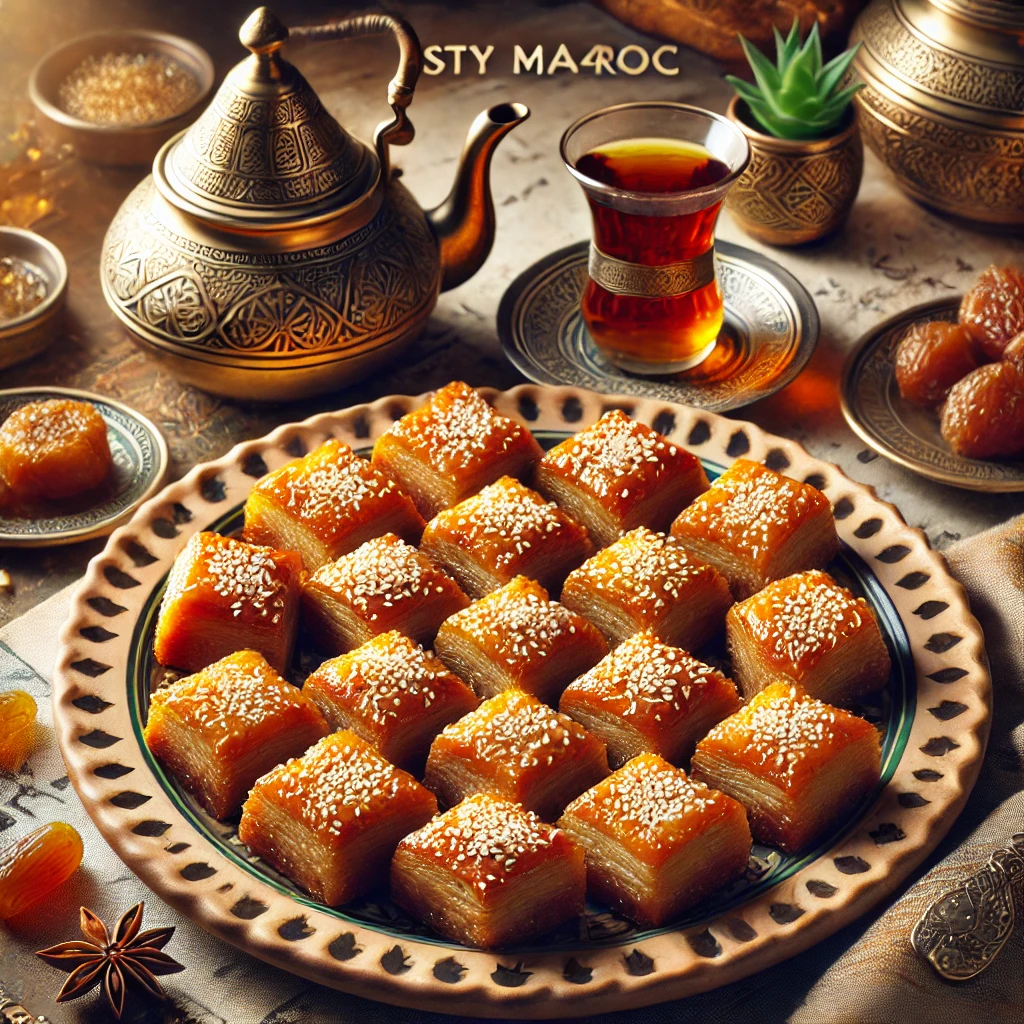
When it comes to traditional North African pastries, Moroccan Makrout stands out as a delightful, semolina-based treat that combines a crispy exterior with a soft, sweet, and chewy filling—usually made from dates. Known for its diamond shape and golden color, Makrout is especially popular during festive seasons and family gatherings. In this guide, we’ll walk you through a detailed and easy-to-follow recipe to help you master this beloved Moroccan dessert at home.
What is Makrout?
Makrout (also spelled Maqrout or Maqrut) is a traditional North African pastry commonly found in Morocco, Algeria, and Tunisia. In the Moroccan version, the dough is made primarily from semolina and filled with sweet date paste, shaped into diamonds, then either fried or baked and soaked in honey. It’s crunchy on the outside, tender on the inside, and packed with rich, aromatic flavors like cinnamon, orange blossom water, and sometimes anise or sesame seeds.
Ingredients
For the Dough:
- 500g (about 4 cups) medium semolina
- 125g (½ cup) melted butter
- A pinch of salt
- 1 tsp orange blossom water
- Warm water (as needed for binding)
For the Filling:
- 250g pitted dates (soft)
- 1 tbsp melted butter
- ½ tsp cinnamon
- 1 tsp orange blossom water
For Cooking:
- Vegetable oil for frying (or baking option)
- Warm honey for soaking
- Sesame seeds (optional, for garnish)
How to Make Moroccan Makrout (Step-by-Step)
Step 1: Prepare the Date Filling
- In a bowl or food processor, mash or blend the pitted dates until soft.
- Add melted butter, cinnamon, and orange blossom water.
- Mix until the filling becomes smooth and easy to shape. Set aside.
Step 2: Make the Dough
- In a large bowl, place the semolina and salt.
- Pour in the melted butter and mix well with your hands until the semolina grains are coated.
- Add the orange blossom water and a little warm water gradually, mixing until a soft but non-sticky dough forms.
- Let the dough rest for about 20 minutes.
Step 3: Shape the Makrout
- Divide the dough into portions and roll each one into a long rope (about the thickness of a thumb).
- Flatten the rope slightly and place a line of date paste in the center.
- Fold the dough over the filling and seal it, rolling it gently to keep the cylindrical shape.
- Flatten slightly and cut diagonally into diamond shapes using a knife.
Step 4: Cook the Makrout
You have two options:
- Fried Makrout: Heat oil in a deep pan and fry the pieces until golden brown. Drain on paper towels.
- Baked Makrout: Preheat oven to 180°C (350°F), place on a baking tray, and bake for 25–30 minutes until lightly golden.
Step 5: Honey Bath
- While still warm, dip each Makrout piece in warm honey.
- Let them soak for a minute or two, then place them on a wire rack to drain.
- Sprinkle sesame seeds on top if desired.
Tips for Perfect Makrout
- Use medium semolina, not fine, for the authentic texture.
- Don’t overwork the dough—semolina needs gentle handling.
- Keep the date paste soft by warming it slightly if it’s hard to mold.
- Soak in honey while warm for better absorption and sweetness.
- Makrout keeps well for up to 2 weeks in an airtight container.
The Cultural Importance of Makrout in Morocco
Makrout is more than just a pastry in Moroccan households—it’s a symbol of hospitality, family, and celebration. It’s often made in large quantities during Eid, weddings, and special religious holidays, and shared with neighbors and guests. The preparation process is traditionally done in groups, turning it into a communal, joyful activity.
Nutritional Information (Approximate per piece)
- Calories: 200–250 kcal
- Carbohydrates: High (from semolina and dates)
- Fats: Moderate (from butter and oil)
- Natural sugars from dates and honey
Final Thoughts
Moroccan Makrout is a dessert that’s rich in flavor and tradition. Whether you prefer it fried or baked, its blend of crunchy semolina and sweet date filling makes it a treat worth savoring. With a bit of practice and the right ingredients, you can bring this authentic Moroccan pastry to your table and impress your family and friends with a sweet taste of Morocco.
Try making Makrout today and experience the delicious fusion of culture and flavor in every bite!


